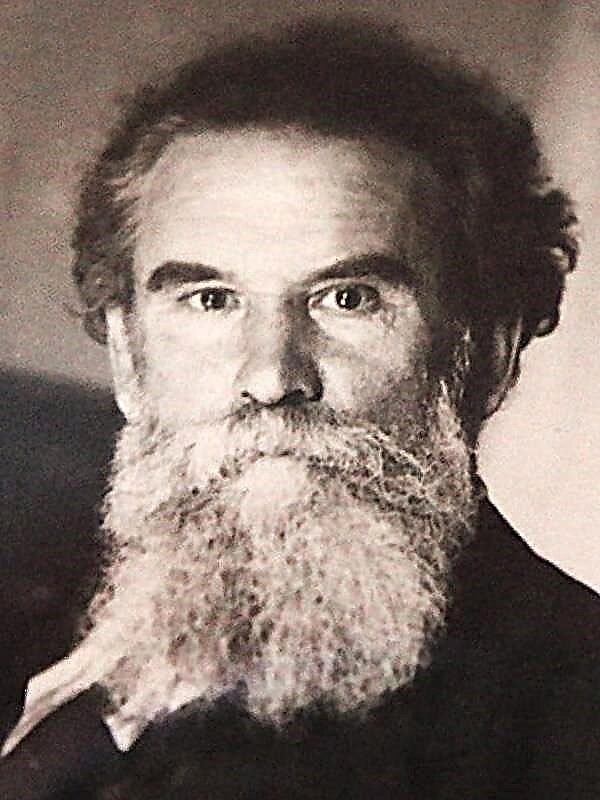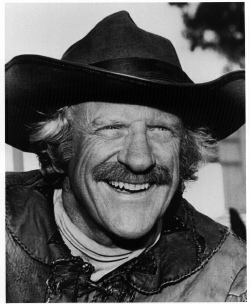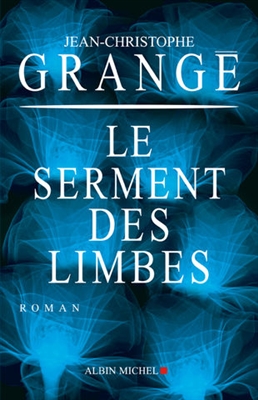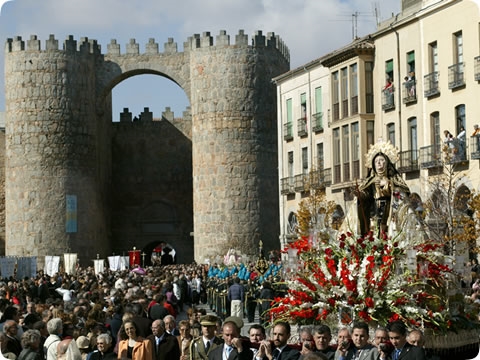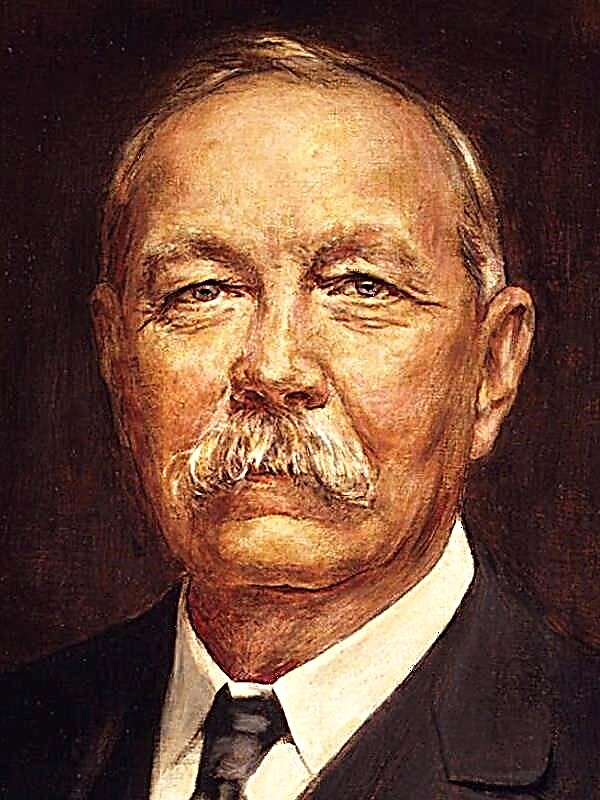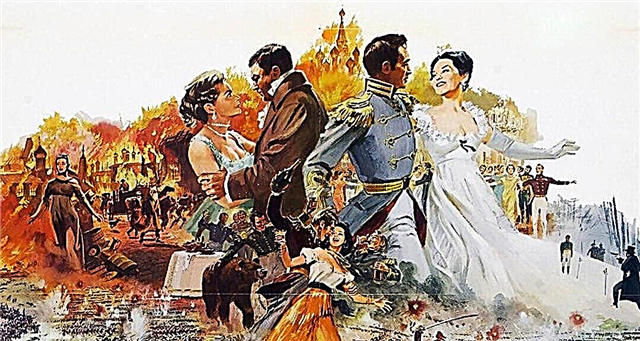The original of this work is read in just 8 minutes. We recommend reading it without abbreviations, so interesting.
On the street there is a laid table, at which several young men and women feast. One of the feasts, a young man, referring to the chairman of the feast, recalls their mutual friend, cheerful Jackson, whose jokes and pranks amused everyone, revived the feast and dispelled the darkness that is now sent to the city by a fierce plague. Jackson is dead, his chair at the table is empty, and the young man offers a drink in his memory. The chairman agrees, but considers that it is necessary to drink in silence, and everyone silently drinks in memory of Jackson.
The feast chairman addresses a young woman named Mary and asks her to sing a dull and drawn-out song from her native Scotland, and then turn back to the fun. Mary sings about the home side, which flourished in contentment, until misfortune fell on her and the side of fun and work turned into the land of death and sadness. The heroine of the song asks her darling not to touch her Jenny and leave her native village until the infection blows, and vows not to leave her beloved Edmond even in heaven.
The Chairman thanks Mary for the plaintive song and suggests that once upon a time its edges were visited by the same plague as the one that now mows all life here. Mary recalls how she sang in her parents ’hut, how they loved to listen to her daughter ... But suddenly a sarcastic and impudent Louise burst into the conversation with the words that now such songs are not in fashion, although there are still simple souls ready to melt from women’s tears and blindly believe them. Louise screams that she hates the yellowness of this Scottish hair. The chairman intervenes in the dispute, he urges the feasts to listen to the knock of wheels. A cart loaded with corpses is approaching. A Negro rules the cart. At the sight of this sight, Louise becomes ill, and the chairman asks Mary to splash her face with water to bring her to her senses. The chairman assures her that she’s swooning, Louise has proved that "the cruel is weaker than the gentle." Mary reassures Louise, and Louise, gradually recovering herself, tells that she saw a black and white-eyed demon who called her to her in his terrible cart, where the dead were lying and babbling their "terrible, unknown speech." Louise does not know whether it was a dream or in reality.
The young man explains to Louise that the black cart has the right to drive everywhere, and asks Walsingham to stop the debate and the "consequences of female fainting" to sing a song, but not a sad Scottish, "but a violent, bacchus song," and the chairman instead of a bacchus song sings a gloomy-inspired hymn in honor of the plague. In this hymn the praise of the plague sounds, which can bestow an unknown rapture that a strong spirit man can feel in the face of imminent death, and this pleasure in battle is “immortality, maybe a guarantee!”. He is happy, the chairman sings, who is given the opportunity to experience this pleasure.
While Walsingham sings, an old priest enters. He reproaches the feasts for their blasphemous feast, calling them atheists, the priest believes that with their feast they commit abuse of the “horror of the sacred burial”, and with their delights “embarrass the silence of the tombs”. The feasters laugh at the gloomy words of the priest, and he conjures them with the Blood of the Savior to stop the monstrous feast if they wish to meet the souls of the deceased loved ones in heaven and go home. The chairman objects to the priest that their homes are sad, and youth loves joy. The priest rebukes Walsingham and reminds him that just three weeks ago he hugged his mother’s corpse on his knees “and screamed over her grave.” He assures that now the poor woman is crying in heaven, looking at the feasting son. He orders Walsingham to follow him, but Walsingham refuses to do so, because he is held here by despair and terrible remembrance, as well as the consciousness of his own lawlessness, he is held here by the horror of the dead emptiness of his home, even his mother’s shadow cannot take him away from here, and he asks the priest to leave. Many admire Walsingham's bold rebuke to the priest, who conjures the wicked with the pure spirit of Matilda. This name leads the chairman into confusion, he says that he sees her where his fallen spirit will not reach. Some woman notices that Walsingham went crazy and "raves about his wife buried." The priest persuades Walsingham to leave, but Walsingham by God's name implores the priest to leave him and leave. Having called the Holy Name, the priest leaves, the feast continues, but Walsingham "remains in deep thought."

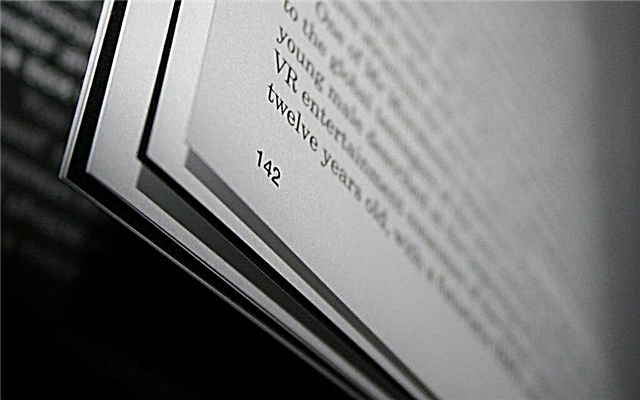
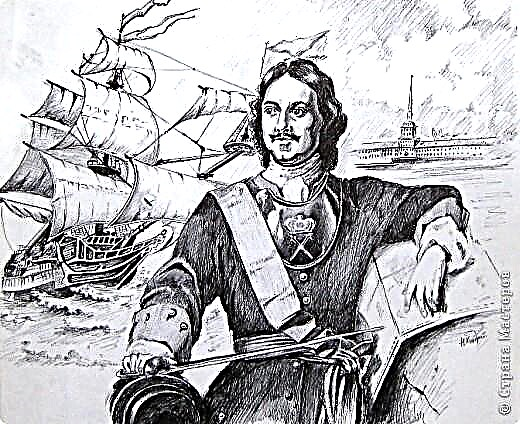
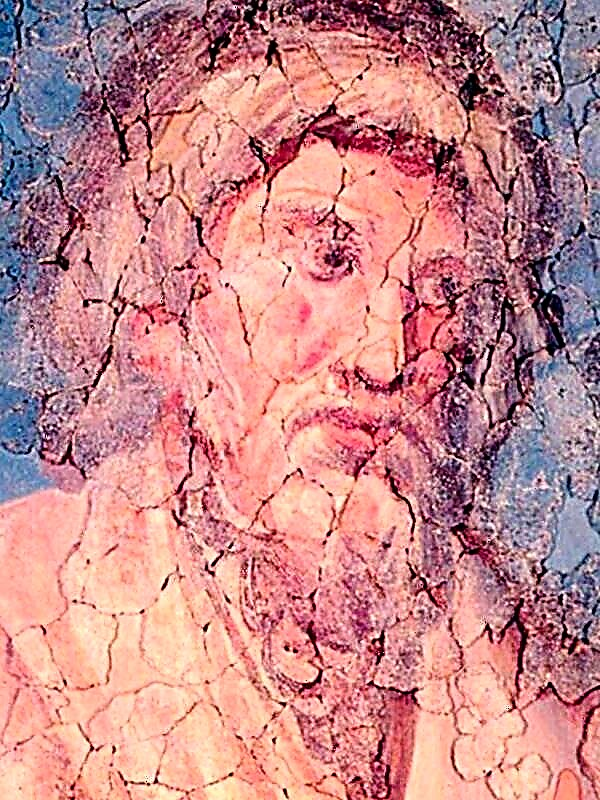 Metamorphoses
Metamorphoses